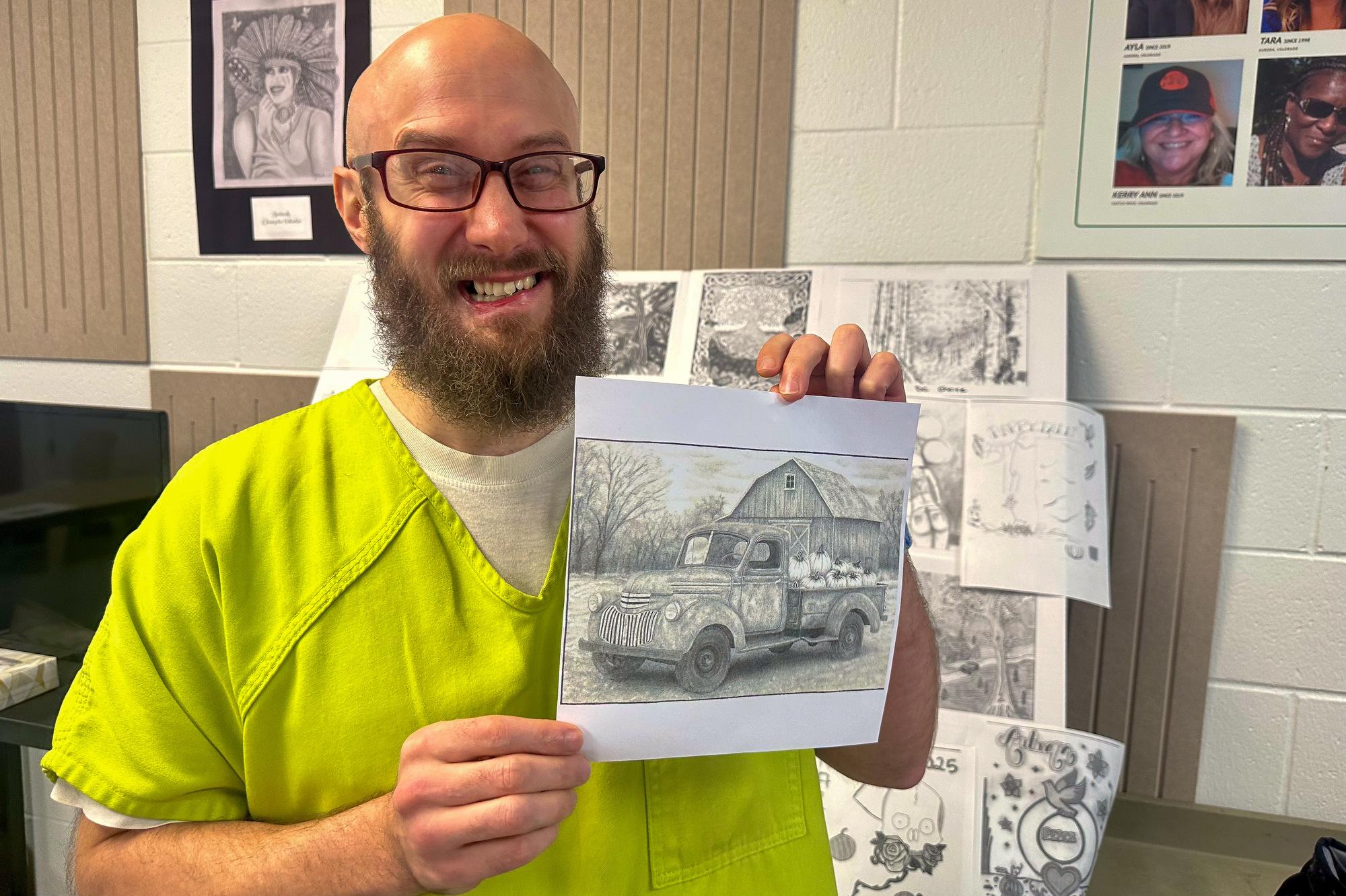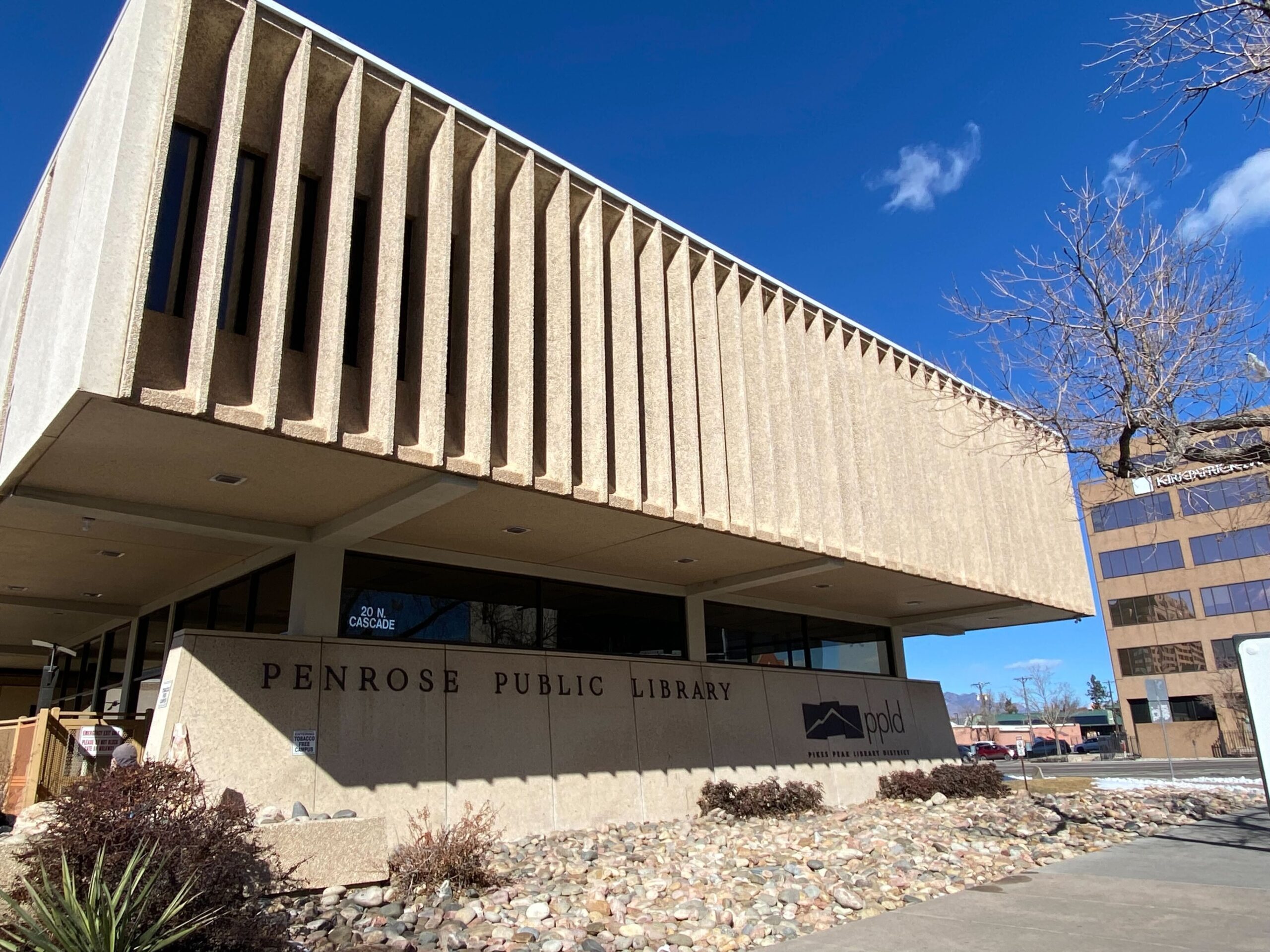
Traditional retirement age was 65. But these days, across the U.S. and in Colorado, that's seen more and more as a suggestion or an impossible financial goal.
In the Centennial State, nearly a quarter of all people 65 or older are still working, according to data from the Colorado Department of Labor and Employment. That rate has doubled since 2000.
But at the same time, older workers risk job discrimination and even loss because of their age. That's where Janine Vanderburg and her Denver-based campaign against ageism, Changing the Narrative, come in.

As life expectancy continues to rise and the number of older Coloradans grows, so has the desire or need to work past age 65, Vanderburg said.
"Work is an important part of our lives, so the idea of someone saying, ‘Well, it’s 65, time to retire,’ feels outdated for sure," she said.
A sense of purpose, financial need or social interaction can all be drivers for aging workers.
The change is especially dramatic in certain industries. One third of utility workers in Colorado are older than 55. In other industries — such as education, agriculture or transportation — a quarter of the workers are over 55.

But even as the rate of aging coworkers rise, they still face a number of misconceptions, Vanderburg said. Some include being digitally incompetent, unwilling to learn, more expensive and less healthy, all of which are unsupported by research, she said.
"Generally, generational stereotypes are dangerous," Vanderburg said.
A ProPublica and Urban Institute report confirmed another trend Vanderburg has seen personally, that older people are pushed out of their jobs because of their age.
These adversities and stereotypes are what Vanderburg targets with the Changing the Narrative campaign, which hosts workshops, management trainings and other outreach programs to advocate for aging workers.
Changing the Narrative even pushes back against certain kinds of language. Research shows that words like "senior," "senior citizen" and "elderly" all trigger negative stereotypes in the public, Vanderburg said.
One manager who has taken the campaign's training, Stephanie Knight at the nonprofit Senior Hub, is actively changing her company's language.
"Senior is our name, and senior is certainly a recognized term to refer to older adults. But we’re really mindful of now using ‘older adults,’ ‘aging adults,’ and really just speaking of them in a very positive and affirming way, and just being very mindful and deliberate about our language," Knight said.
Employing people of all ages isn't just the right thing to do, but it's also good for business, Vanderburg said.
"We also know that deliberately creating multi-generational workplaces is a really effective business practice," she said. "You bring in that accumulated wisdom, that older people have, as well as some of that skill and ability to collaborate that younger people may be bringing to the workplace. If you put them together, it’s really good for business."









